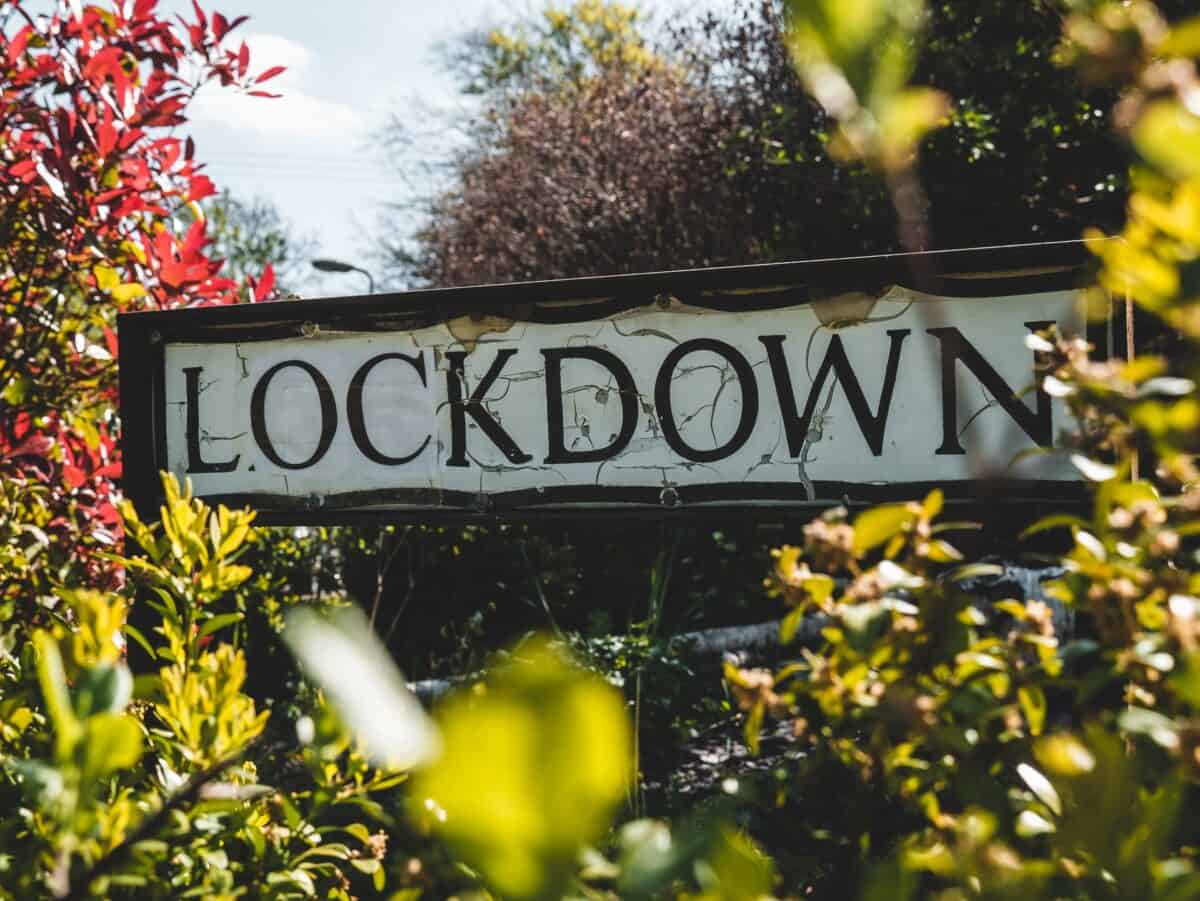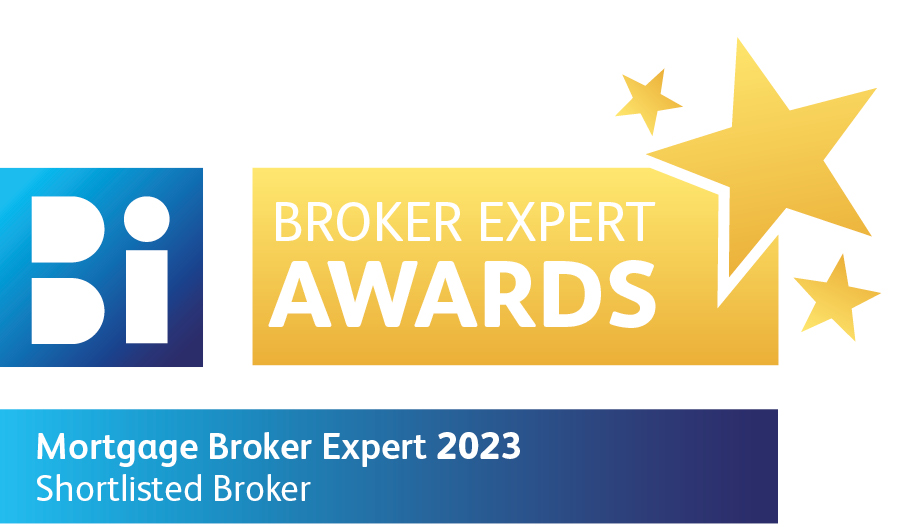On Friday 16th April, it was announced the KBC were looking to sell their Irish business to Bank of Ireland. The understandable uncertainty has led to many of their mortgage holders looking at moving their mortgage to another lender for a greater sense of security. We have received an influx of calls from mortgage holders with KBC, asking whether or not they should be looking to move their mortgage to a different bank and what their options are.
This process will take some time to complete and KBC continues to have a duty of care to current customers and obligations to fulfil in that regard, so mortgage holders should not be worried or anxious.
That said, it would be prudent to look at this time as a chance to review your current position mortgage-wise – primarily what rate you are paying, and how this compares to what is currently being offered in the market. Although KBC’s departure from the Irish market is not a positive development in the Irish banking sector – particularly, from both a competition and an employment perspective, the uncertainty surrounding KBC’s future could at least turn out to be a beneficial wake up call to mortgage holders who are paying rates in excess of what they could get elsewhere.
The arrival of Avant Money to the market has seen many mortgage holders with mature mortgages, and/or a strong loan to value, switch to exceptional market-beating rates.
We are advising any KBC customer that is on a rate greater than 2.3% to review their options. But this doesn’t apply to KBC mortgage holders alone – anyone paying more than this, regardless of which lender they are with, should be talking to an expert to see if they can get a better deal either with their current lender or with a different provider. And don’t let whether you are on a fixed or variable rate stop you – you may well still have options to move.
If you would like to complete an initial assessment to see what potential savings you could make by switching, click here for the form and we will review and respond to you directly.
Should I switch?
Just like you shop around for cheaper or better car insurance or electricity provider, it’s worth reviewing your mortgage every few years to see if you can make savings.
What is Switching?
Switching is the term used to describe the process of changing mortgage provider. This is usually done to get a lower interest rate on your mortgage from a new lender with a view to saving money on interest.
Some people go through the entire term of their mortgage without considering whether their lender is offering them the best rate. However, it is prudent to review the terms of your mortgage on a regular basis – perhaps as part of a wider financial ‘health-check’. You don’t need to switch every year, but it’s a financially savvy move to take the time to consider the current market, the value of your property, and the interest rates on offer from all lenders on an ongoing basis.
My Neighbour is Doing it – Can I?
The answer is, most likely, yes. I estimate that one in every three mortgage holders would save by switching. (I am not including European Central Bank related tracker interest rates in these figures as they currently offer low interest rates given that the ECB base rate is 0%, meaning a typical tracker mortgage interest rate is approximately 1% and such mortgages have not been available in Ireland since 2008.)
If you have been on the same rate for more than three years, or you are coming to the end of a fixed rate period, then you should certainly review your options.
Regardless of whether you are a variable or a fixed rate mortgage holder, you could potentially save tens of thousands of euros over the remaining term.
The Myths and Misconceptions
– ‘I can’t switch if I’m on a fixed rate.’ Not true. You can break a fixed rate contract. We see many banks currently do not have a breakage fee however you may be charged a breakage fee by your lender, but the savings you make upon switching, plus, potentially, any cashback offer from a new lender, could more than cover the charges. In addition, due to the current low cost of funds available for banks, many don’t impose a fee for exiting a fixed rate contract. You will need to call your bank to check this, however.
Looking at Mick and Fiona for example, they have a home loan with €300,000 outstanding. They are currently on a fixed rate of 3.6% for the next two years with 28 years left on their mortgage term. They contact their bank to check the early fixed rate breakage fee and are advised that the fee is €1,050. They contact a mortgage broker who advises them that if they switch lender, they can obtain a two-year fixed rate of 2.3%, which will reduce their monthly payment from €1,418 to €1,211 which is a saving of €207 monthly or €2,484 annually or €4,968 over the two-year period. So, in this example, even though Mick and Fiona are liable to pay a breakage fee of €1,050, it is worthwhile as they will save €4,968 over the next two years alone.
| Mary & John | ||
| Before Switch | After Switch | |
| Fixed 2 Yr interest rate 3.6% | Fixed 2 Yr interest rate 2.3% | |
| Monthly repayment €1,418 | Monthly repayment €1,211 | |
| Total savings over term €4,968* | ||
| *savings excluding breakage fee |
– ‘I need to have a LTV of less than 80% on my home.’ Again, not true. While some lenders will offer you a better rate according to the amount of equity you have built up, you can still switch if your LTV is between 80% to 90%.
– ‘Switching is a long and difficult process.’ Not true. Switching can be straightforward with the help of an expert and some banks require less documentation for switchers than for a new application.
– ‘I’ll just end up spending any savings made on the legal costs of conveyancing’. (Conveyance is the legal term for processing the paperwork involved in buying and selling a property and transferring the deeds of ownership). Not true. You will know in advance, once you or your broker runs the numbers whether the savings made will outweigh any ancillary costs that may be incurred. If you stay with the same lender but move to a different rate, then you may not incur any additional costs.
Cash Back on Switching
The impact can be significant. If we look at Rua and Kerry’s experience, they took a €400,000 mortgage over 35 years at a three-year fixed interest rate of 3.6%. The interest rate they selected at the time of draw down was reasonably competitive and they also received upfront cashback from their lender. However, their rate is now changing to a higher variable rate of 4.2%. Their payments will be going to €1,805 monthly. They have tried to negotiate a lower variable rate with their current lender without success so they decided to switch to a lower variable rate of 2.95% with another lender which will reduce their monthly payments to €1,534. This will save them €268 monthly or €3,212 annually or €102,912 over the remaining 32 years of their mortgage. In addition, they receive €2,000 from the new lender, which covers the legal fees involved in switching.
| Ruth & Ken | ||
| Before Switch | After Switch | |
| Fixed 3 Yr interest rate 3.6% | Variable interest rate 2.95% | |
| Monthly repayment €1,802 | Monthly repayment €1,534 | |
| Total savings over term €102,912 |
What Will I Need?
If you decide to proceed with switching, you will need to go through the mortgage application process and submit your documentation. This varies from lender to lender. Typically, you will require the following documents:
– Passport Identification.
– One recent payslip, Employment Detail Summary and salary certificate.
– Three/six months recent current account statements – depends on lender requirement.
– 3 Most recent credit card statements.
– Most recent mortgage statement.
– Relevant application form and bank declaration.
Where Do I Start?
– Contact your existing lender to confirm your rate of interest, balance outstanding and term remaining on the mortgage.
– If you are on a fixed rate, ask your lender what fee, if any, they charge for breaking the mortgage contract.
– Ask your current lender to review your interest rate and enquire about variable and fixed-rate options for an existing customer.
– Contact a mortgage broker and ask them to compare your existing mortgage terms to what’s on the market. (Technically, you can do this research yourself, but it will mean numerous calls to multiple lenders so in reality it’s probably not the easiest route for you to take.) The more equity you have in your home, the better the new terms you’ll be offered, but you can switch even if your loan is 90% of your value.
– Your broker can check what incentives other lenders are offering to switchers. The ‘incentive’ usually covers the legal costs, as well as any possible breakage fee, although this would need to be worked out on a case-by-case basis.
– Assess the best value option for you. A broker can run calculations on the interest rates you have been offered to see the potential savings you can make. This should not be a complex process. But there is market research to be done and there are lots of forms to be filled and boxes to be ticked. A broker will do all the legwork, calculations and communicate with lenders on your behalf and explain all of your options.
– You will need to decide whether to stick with your current lender or move to a different one. Moving to a different provider will mean going through the mortgage approval process again. Changing lenders can be relatively simple if you have expert help.
– Ultimately you need to ask yourself a question: why would I stick with a lender that is not giving me the best value?
Take your time, weigh up all your options and seek expert advice to help you decide if switching is the best course of action.
How Much Can I Save?
Switching to a lower interest rate can save you a considerable amount of money in the long term depending on the rate and capital amount.
Let me give you an example of savings on an interest rate reduction of 1.6%. By switching from a 4.2% rate to 2.6%, a mortgage holder with a loan of €350,000 over 30 years can save over €300 per month, €3,732 per year or €14,897 over 4 years.
| Before Switch | After Switch | |
| Variable interest rate 4.2% | Variable interest rate 2.6% | |
| Monthly repayment €1,712 | Monthly repayment €1,401 | |
| Total savings over 4 years €14,897 |
In summary, it costs mortgage holders absolutely nothing to explore what ‘switching’ their mortgage can yield them in interest savings. I have sought to challenge and address any lack of knowledge or awareness by outlining the process and the financial benefit to be gained from taking this step.
People can often be put off by their first mortgage experience, which for many is stressful. However, the second time round should be a lot more straight-forward. Yes, of course there will be forms to fill, but the rewards for this bit of administration can be in the region of thousands and life changing as a result.












